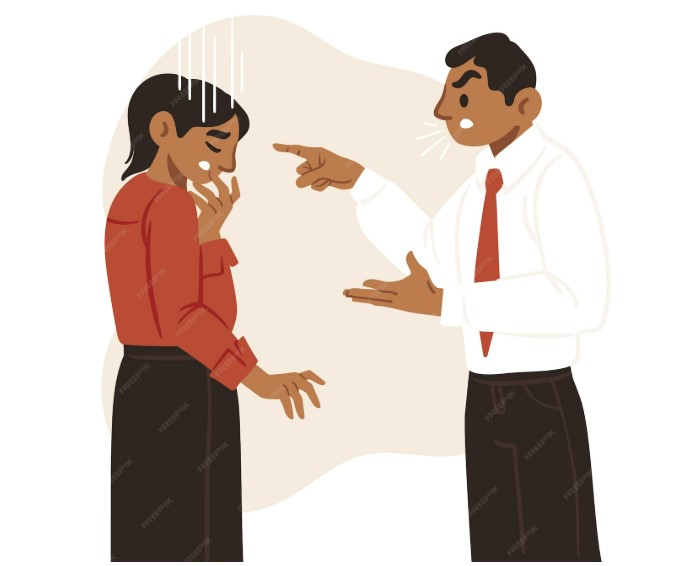Being accused of serious misconduct can be one of the most confronting experiences a worker can face. It’s a term that carries serious weight, often used by employers to justify instant dismissal. But not every allegation is clear-cut, and understanding your rights is essential to ensuring you’re treated fairly.
To get informed, it’s worth reading the serious misconduct factsheet from the Australian Union.
What is Serious Misconduct?
In simple terms, serious misconduct refers to behaviour that breaches the trust and safety expectations in a workplace. Under the Fair Work Act, this includes:
- Theft, fraud or assault
- Being intoxicated at work
- Wilfully endangering health and safety
- Refusing to follow lawful and reasonable instructions
Employers may use serious misconduct as grounds for instant dismissal without notice or final pay entitlements, so any allegation must be handled fairly and with due process.
Common Misunderstandings
Not every workplace dispute qualifies as serious misconduct. Some employers may misuse the term to justify a termination or sidestep proper disciplinary processes. Common grey areas include:
- Personality clashes
- Minor breaches of policy
- oor performance or attitude
- Disagreements with management
Unless the conduct is extreme and deliberate, it likely doesn’t meet the legal threshold for serious misconduct.
Your Rights If Accused
If you’re accused of serious misconduct, you still have rights. These include:
- The right to respond before any disciplinary decision is made
- Access to representation, such as a union delegate
- A fair and thorough investigation into the incident
- Protection against unfair dismissal, especially if the termination is rushed or lacks evidence
If you believe the process has been unfair, contact your union immediately. They can help protect your job, negotiate on your behalf, or lodge an unfair dismissal claim.
How Unions Can Help
Unions play a critical role in ensuring that misconduct allegations are not misused; they
- Ensure investigations follow proper procedure
- Defend members from unjust termination
- Negotiate alternatives to dismissal, such as training or warnings
- Challenge employers who abuse their power
Without union support, workers are far more vulnerable to arbitrary or retaliatory action.
Serious misconduct is a significant matter, but so is your right to fair treatment. If you’re unsure whether an allegation against you is justified, or if you’ve been dismissed without a chance to explain, speak to your union.




